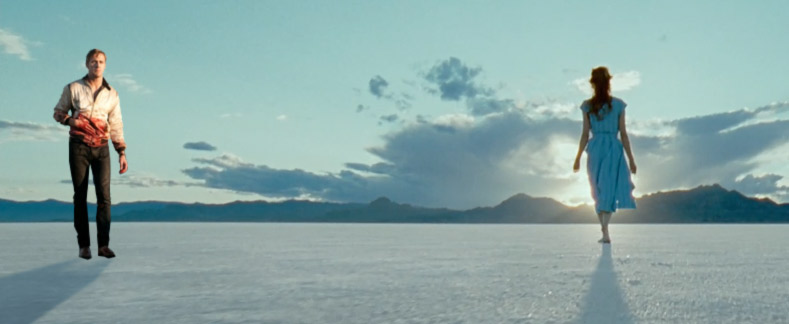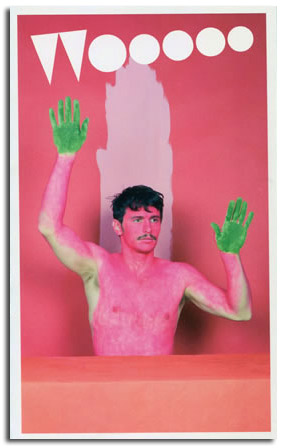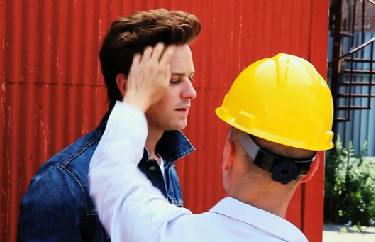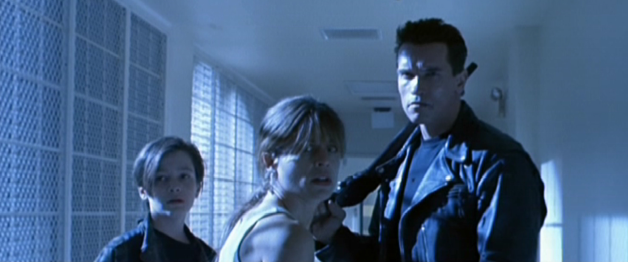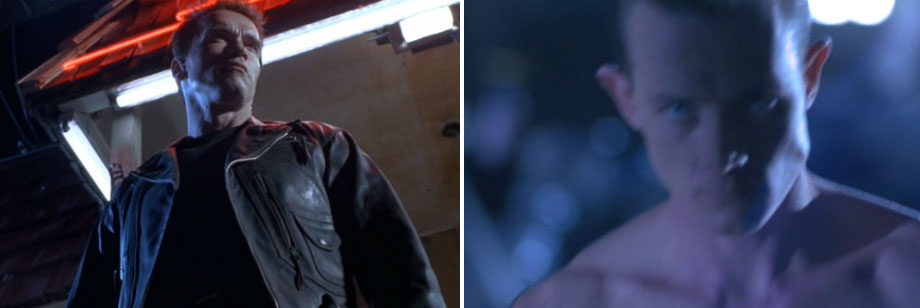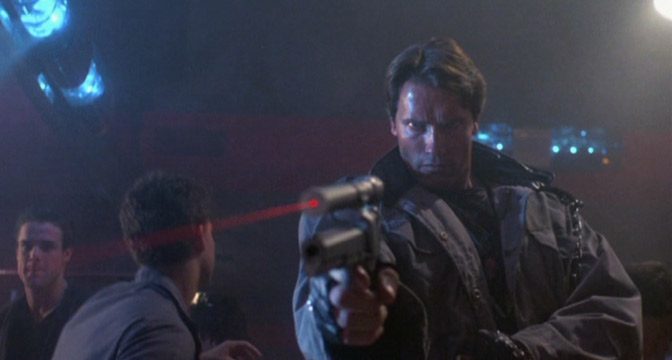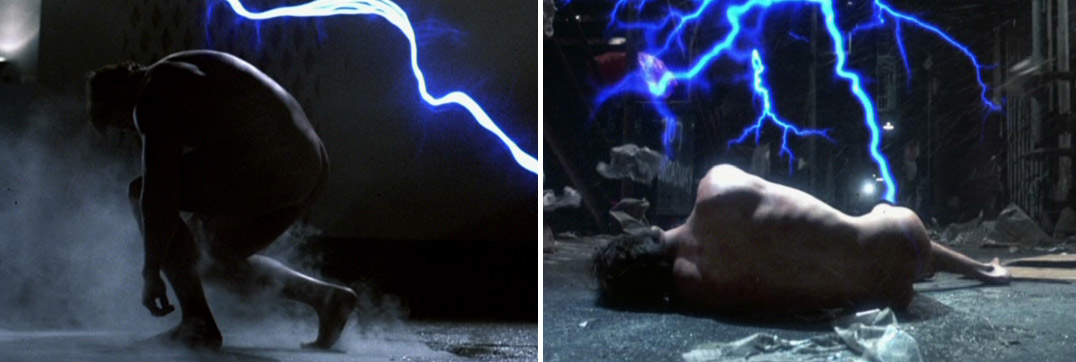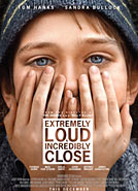 ...and everyone is doing it now that the year is half over. Wheeee.
...and everyone is doing it now that the year is half over. Wheeee.
Best Picture
Here are updated predictions in all categories from Best Picture down to Best Key Grip. The new Best Picture rule -- they can have anywhere between 5 to 10 nominees and we won't know until Oscar nominations are announced -- is causing me chart difficulties. I can't figure out, aesthetically, how to divvy up charts with so many different numerical outcomes. If you must know I would like to make this wild July speculation that there will be 6 nominees to include War Horse, The Descendants, We Bought a Zoo, J Edgar, The Artist and new entry Extremely Loud and Incredibly Close which now plans to arrive in 2011.
It's not that I have any particular hunch or faith in that upcoming Stephen Daldry 9/11 film. It's more like anti-wishful thinking: See, I'm allergic to movie representations of that day since I was here in New York City and I tend to find the world's and especially the media's obsession with it absolutely grotesque. (For reasons that have nothing to do with cinema or the Oscars, so let's move on...)
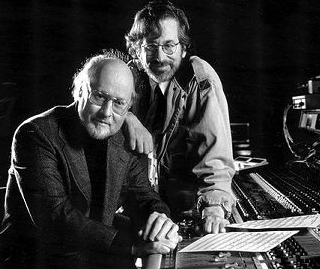 John Williams and Steven SpielbergBiggest Annoyance
John Williams and Steven SpielbergBiggest Annoyance
The music categories are always high-maintenance in terms of predictions. Original Song has zillions of hard to figure eligibility issues. Plus, there are still so many films that have not announced their composers in the Original Score category. Yes, it's often a late-to-the-party job as movie productions go. But I always suspect that even after the composers are announced that it takes a good long while for that information to trickle onto key pages like official sites and the IMDb. If you know of a better source of who's scoring what, do let me know. (I don't want to have to call 12 production companies!) With J Edgar, however, which also hasn't announced, it feels safe to assume that Clint Eastwood will compose some simple piano motifs for it because that's how he do.
That said, this category might be easier to predict than usual because the King of the Category John Williams will surely take up 40% of it. Oscar's music branch has always trembled for his Treble, zinged for his Strings and mooned over his melodies so they'd never pass up the chance to honor him for The Adventure of Tin Tin and for War Horse now that he's scoring again after basically a six year break from features (excluding that Crystal Skull reprising). John Williams turns 80 next year and chances are strong that they won't want him to retire without a sixth Oscar.
Craziest What If?
The new prediction I'm most enamored of because it's a Winding road way off the well-paved Bait path and because it would be highly awesome if the crazy thing came to pass and I predicted it first is an editing nomination for the Cannes hit Drive (2011). I mean why the hell not, right? It's July. Think outside the Bait Box! The prediction holdovers that I was initially excited to imagine but am now worried about -- though I didn't change them -- were all the Captain America nominations (Costumes, Makeup, Visual Effects). When I went there months ago I was totally confident that it could happen but public fatigue with superheroics makes me wonder if all films from this genre will be snubbed even in seemingly likely places like visual effects. Did Green Lantern leave an emerald stain?
The movies are getting all jumbled in my head now.
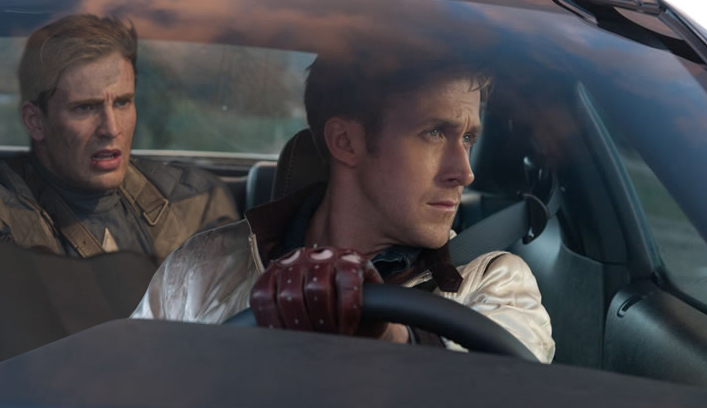 Why is Gosling driving off with the good Captain. Where is he taking him? "SHOTGUN!"
Why is Gosling driving off with the good Captain. Where is he taking him? "SHOTGUN!"
And on a final note, looking over Best Actor and Best Supporting Actor the competitions and competitors seem far more interesting than usual. Supporting Actor, for example, seems to have a number of Career Honors vs. Career Honors vs. Career Honors possibilities and in the lead race, could it finally be Leonardo DiCaprio's year? Or maybe the manly half of the acting lineups will get boring real fast and it really will come down to a Close vs. Streep 80s throwback Actress-Off. Maybe it's just the oppressive July heat warping our crystal ball.
Comments? You realize we cry a single tear for every post that doesn't enter double digit comments, right? Don't cause us any more agony. Once you're done contemplating Oscar, hit the gym, the links, and the (Italian) showers. Yeah, yeah, it's summer ...but this blog has air conditioning.
 Monday, December 26, 2011 at 10:45PM
Monday, December 26, 2011 at 10:45PM 